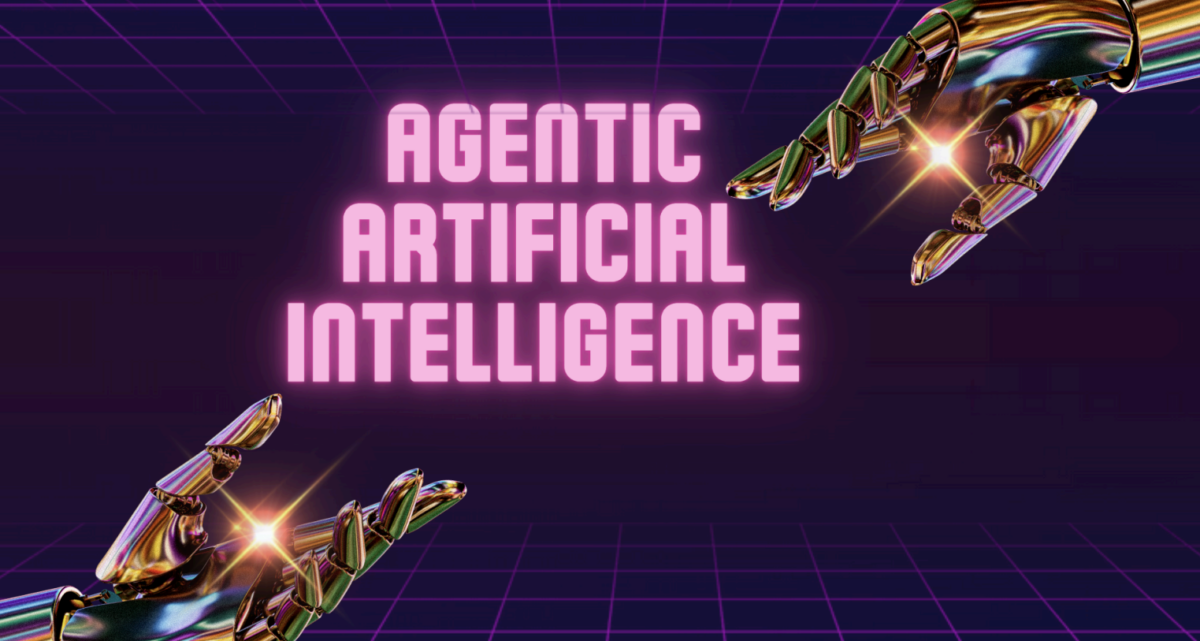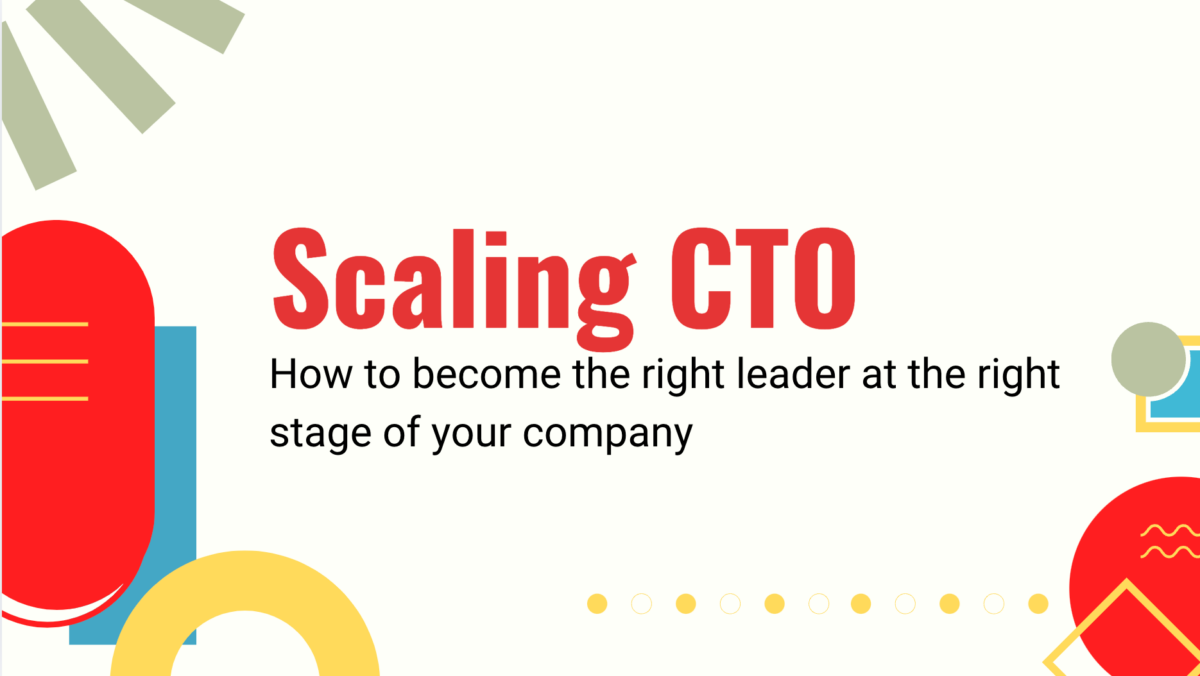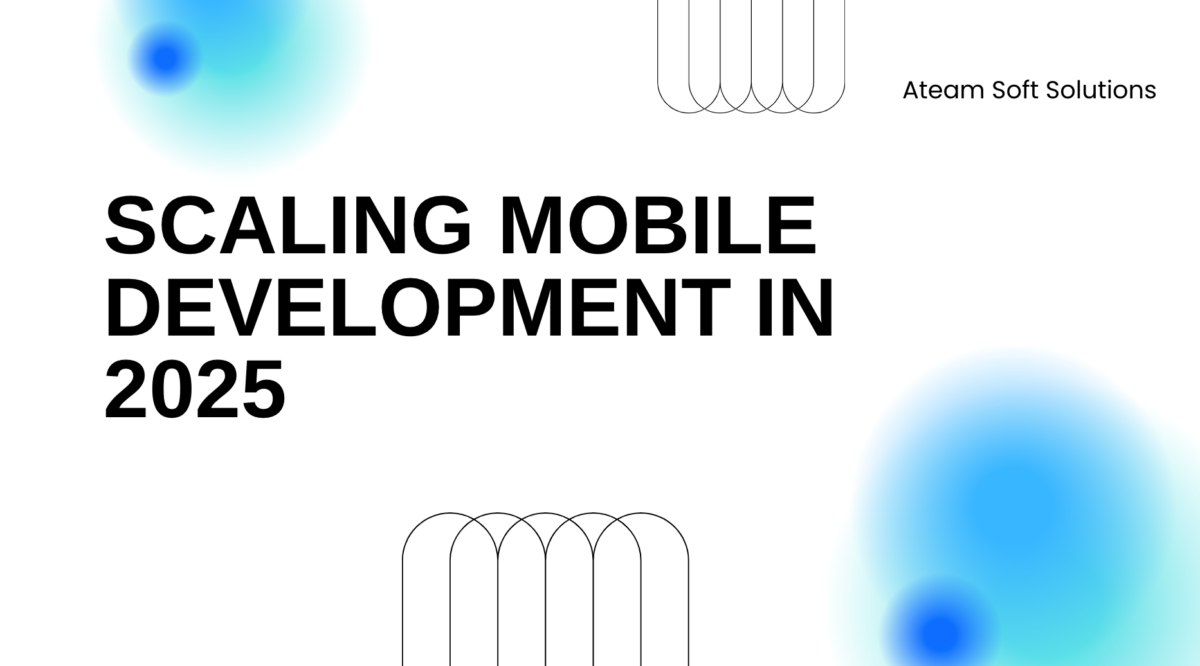This website uses cookies so that we can provide you with the best user experience possible. Cookie information is stored in your browser and performs functions such as recognising you when you return to our website and helping our team to understand which sections of the website you find most interesting and useful.
Artificial Intelligence Agents : Next Frontiers in Business Automation

Digital transformation is no longer optional but vital; companies are progressively turning to artificial intelligence agents to get a competitive edge. By doing difficult tasks autonomously, learning from their surroundings, and deciding with least human involvement, these advanced software systems are altering how companies run.
## Grasping Artificial Intelligence Agents
Software programs designed to see their surroundings, decide, and act towards particular objectives are AI agents. Unlike conventional automation tools that follow strict, predetermined rules, artificial intelligence agents could:
Grow with the times; experience shows you to perform better.
Modern artificial intelligence agents distinguish themselves from earlier versions in their capacity to control uncertainty and complexity using advanced technologies including machine learning, natural language processing, and reinforcement learning.
## Kinds of Artificial Intelligence Agents Changing Companies
### 1. Task-Specific Agents
These specialised agents are great at completing assigned tasks in small areas. Among the images are:
Handle requests and routine questions without human involvement. Process requests and routine questions without human participation.
### Two. Automated Processing Agents
By means of these more advanced agents,
By: – Coordinating several activities across various systems Key process junctions decision-making – Using acquired knowledge to handle anomalies
Improving procedures driven by performance indicators
### Three. Agent Assistants
These agents cooperating with people as digital partners
Examine data and gather results.
Draft papers and notes
Increase human capacity instead of substituting it.
Four. Multi-Agent System
Maybe most thrilling is the development of agent ecosystems where several specialised agents work together to solve challenging issues.
Different agents supervise particular facets of a bigger project.
Main Business Apps
### Improved Client Experiences
Providing,
24/7 tailored assistance across several different websites
Service quality consistent across all volumes
### Operational Effectiveness
Artificial intelligence agents are active
Tracking systems and projecting maintenance needs
Maximising real-time resource allocation
### Knowledge Management
Companies are employing artificial intelligence agents to:
Always collect and arrange institutional knowledge—natural language interfaces should access data
Analyse unstructured data sources to draw conclusions.
Help with Strategic Decisions
At the executive level, artificial intelligence agents offer
Real-time analysis of competitive intelligence and market trends
Risk assessment and scenario modelling
Advice for decisions backed by reality
## Strategies for Quick Execution
Begin with low-risk, high-value use cases.
The most effective uses start with:
Well-documented and understood procedures Dull, time-consuming tasks Places where individuals may maintain control. Tasks with clearly defined success criteria
Emphasise human-AI cooperation.
Design mechanisms whereby artificial intelligence agents are not seen as substitutes for human workers,
While people handle anomalies, artificial intelligence does boring tasks.
By means of counsel and knowledge, agents enhance human capacity.
Handoffs between automated and human-managed activities are unambiguous.
Tools enable staff members track and direct agent performance
Openness fosters confidence building.
Successful adoption calls for:
Successful adoption calls for: – Open communication on what agents can and cannot do – Transparency on how agents make choices
Routine agent performance reporting
Building up government systems
Businesses have to:
Policies defining acceptable agent behaviour should be unambiguous. Agent decisions and activities are routinely audited. Human intervention methods as required
## Future Path: New Trends
### More Independence
Next-generation artificial intelligence agents will be capable of:
Negotiate with outside services and systems
Allocate resources inside defined limits.
Change their own settings according to evolving circumstances.
Act proactively even without clear direction.
### Improved Learning Capacity
Future agents will learn more quickly by
Learning new duties requires less proof.
Knowledge sharing across several fields
Learning and working always
### More Cooperation
We will witness more complex cooperation among:
More complex cooperation will be seen among: Business and personal agents
## Getting Your Company Ready
To enable your company grow with artificial intelligence agents:
Quality data drives efficient artificial intelligence agents.
Make sure staff members and leaders know artificial intelligence limits and possibilities.
Don’t just automate current processes; redesign them to use artificial intelligence rather than only automating them.
Create four ethical artificial intelligence agent deployment guidelines.
Final thoughts
AI agents represent a basic change in company operation. Instead of just completing scheduled activities, these smart systems can see, choose, and act more autonomously. Companies that use artificial intelligence agents sensibly will not only increase efficiency but also improve their capacity to innovate and adapt in an always more complex corporate environment.
Considering the organisational and ethical issues artificial intelligence agents generate, the question now is how to use them strategically to create sustainable competitive advantage rather than whether to adopt them. Going forward, the most successful businesses will be those that excel in human-AI collaboration, creating systems where everyone contributes their own unique benefits.
Going forward, the most successful businesses will be those that excel in human-AI collaboration, designing systems whereby all individuals provide their own distinct benefits. ATeam Soft Solutions, your partner in implementing innovative artificial intelligence solutions producing corporate value, wrote this blog post. Get in touch to find out how artificial intelligence agents could change your processes.



